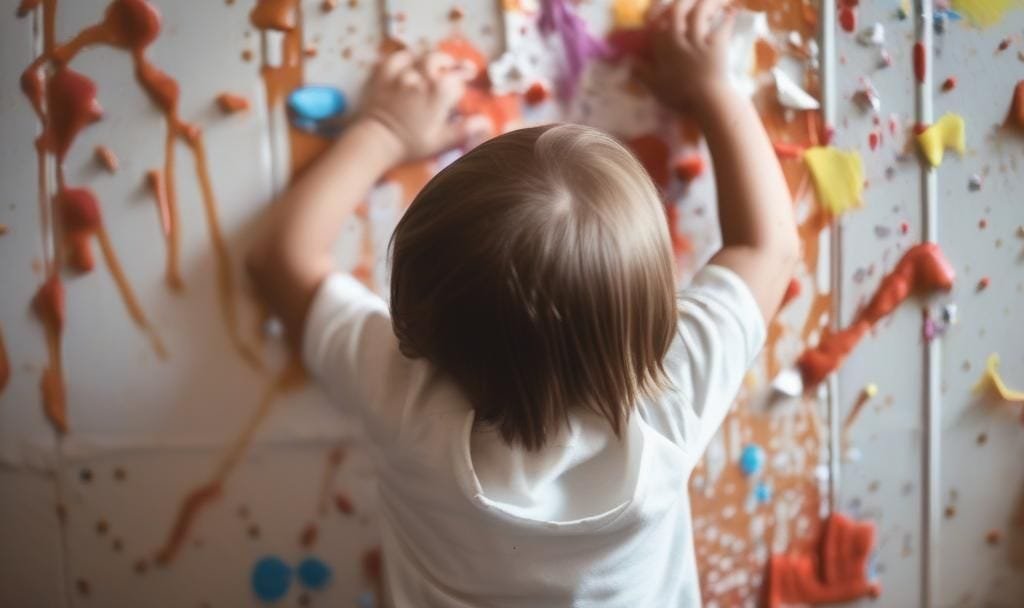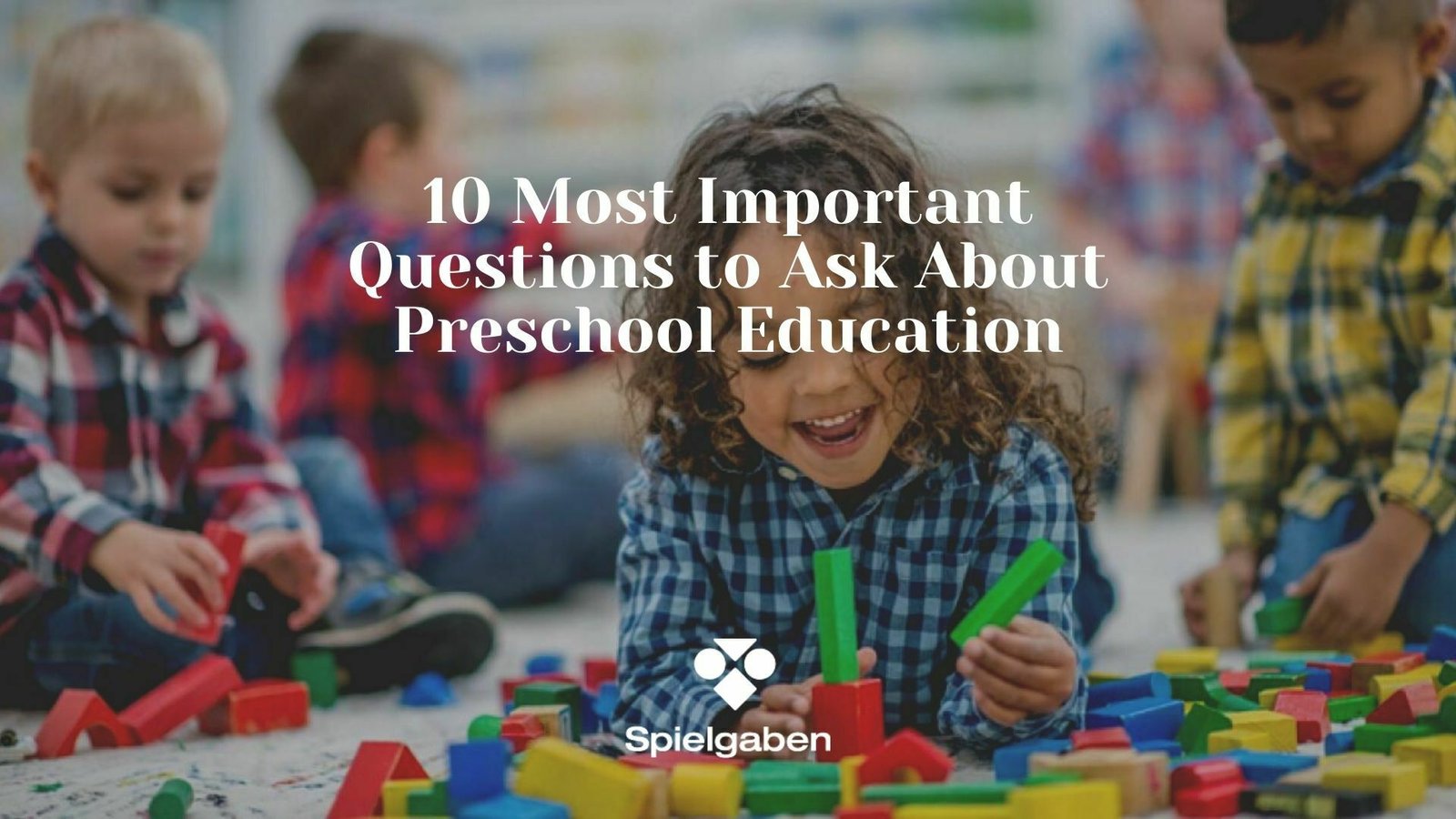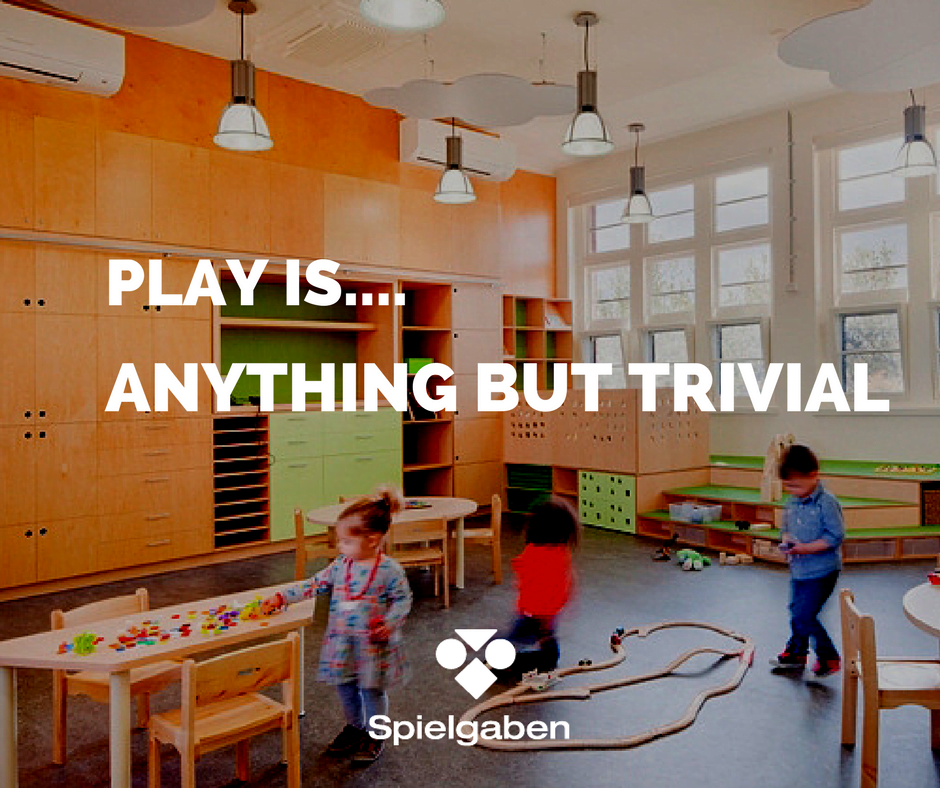The Gift of Failure: Why Helicopter Parents Need to Land
Key Takeaways:
- Embrace failure as a learning tool: When children experience setbacks, they develop resilience and problem-solving skills essential for adulthood.
- Nurture intrinsic motivation: Avoid constant rewards and focus on helping children find personal meaning and satisfaction in tasks themselves.
- Practice autonomy-supportive parenting: Provide guidance and boundaries while allowing children space to make decisions and learn from consequences.
- Praise effort, not fixed traits: Focus feedback on hard work and strategies rather than innate abilities to develop a growth mindset.
- Assign age-appropriate responsibilities: Household contributions build confidence, purpose, and essential life skills.
- Step back from social conflicts: Allow children to navigate peer relationships with minimal adult interference to develop crucial social skills.
- Help children set personal goals: Foster internal motivation by encouraging children to define success on their own terms, not just through grades.
If you’ve ever found yourself completing your child’s science project at midnight (while they’re fast asleep), or frantically emailing their teacher about a B+ that should “clearly” have been an A, congratulations—you’ve earned your helicopter parent wings. Now it’s time to turn in your rotors.
When Did We Become So Afraid of Failure?
Remember your own childhood? Chances are your parents weren’t tracking your homework assignments on an app or negotiating with your soccer coach about playing time. Somehow, we survived. More than that—we thrived because of it.
Today’s parenting landscape looks vastly different. We hover, we rescue, we intervene. We’ve become a generation of parents so terrified of our children experiencing discomfort that we’re inadvertently raising kids who crumble at the first sign of adversity.
As Jessica Lahey points out in her book “The Gift of Failure,” our well-intentioned hovering is backfiring spectacularly. By sheltering our kids from failure, we’re denying them the very experiences they need to develop resilience, confidence, and independence.
From Child Labor to Child Worship: A Brief History
Parenting wasn’t always this complicated. In 17th-century New England, children were expected to contribute to family survival practically from the time they could walk. By the 19th century, one in six American children between 10 and 15 were formally employed—not because their parents were cruel, but because that was life.
Fast forward to today, where we’ve swung so far in the opposite direction that many teenagers can’t do their own laundry. The self-esteem movement of the 1960s and 70s convinced us that protecting our children’s self-image was paramount. Unfortunately, as psychologist Jean Twenge discovered, what we got instead was a generation with inflated self-importance but diminished self-sufficiency.
My neighbor’s son recently called her from college asking how to use the washing machine. When she suggested he read the instructions on the lid, he replied, “Can’t you just FaceTime me and show me?” She later found out he’d been wearing the same jeans for three weeks. Helicopter parenting in action, folks!
The Motivation Trap: Why Bribing Kids Backfires
We’ve all done it. “Finish your homework and you can have screen time.” “Get all A’s this semester and we’ll buy you that phone you want.”
These external rewards might get short-term results, but they’re sabotaging our children’s intrinsic motivation. When we bribe our kids to perform, we’re essentially telling them the task itself isn’t worth doing unless there’s a prize at the end.
Psychologist Harry Harlow discovered this when he studied monkeys solving puzzles. When the monkeys received regular rewards, their interest in the puzzles themselves plummeted. The same happens with our children when we constantly dangle carrots for achievements.
Practical Tip #1: Ask Before Offering Rewards The next time your child has a challenging assignment, resist the urge to immediately offer a reward. Instead, try saying: “This looks challenging. What would make this interesting for you?” Help them find personal meaning in the task itself.
Autonomy-Supportive Parenting: The Middle Ground
Before you panic that I’m suggesting you abandon all parental guidance, let me introduce you to autonomy-supportive parenting—the sweet spot between helicopter parenting and free-range neglect.
Psychologist Wendy Grolnick found that children with controlling parents gave up faster when faced with challenges compared to children whose parents supported their autonomy. These kids weren’t left to figure everything out alone; rather, their parents provided guardrails while allowing them space to make decisions.
Practical Tip #2: The Three-Question Method When your child comes to you with a problem, try asking these questions instead of jumping in with solutions:
- “What have you tried so far?”
- “What do you think might work?”
- “How can I help you figure this out?”
This approach communicates trust in their abilities while still offering support. And yes, it works even when you’re in a hurry. Trust me, the five minutes it takes now saves hours of dependency later.
The Praise Paradox
“You’re so smart!” “You’re a natural athlete!” These compliments seem harmless, right? Not according to psychologist Carol Dweck. Her research shows that praising children for innate qualities rather than effort creates a fixed mindset—the belief that abilities are static and unchangeable.
When we tell our children they’re naturally gifted, we’re setting them up to avoid challenges that might disprove this identity. The first time math gets hard, that “smart” kid thinks, “Maybe I’m not so smart after all,” rather than “This is challenging but I can figure it out with effort.”
I learned this lesson the hard way when my “naturally athletic” nephew refused to try basketball after excelling at soccer. “I might not be good at it,” he explained, “and then everyone would know I’m not really athletic.” Talk about a lightbulb moment!
Practical Tip #3: Effort-Focused Feedback Instead of “You’re so smart!” try “I noticed how hard you worked on solving those problems.” Rather than “You’re a great artist,” say “I love how you experimented with different colors to get that effect.”
Chores: The Secret Weapon of Successful Parents
If you want your child to feel capable and purposeful (and who doesn’t?), look no further than your dirty dishes. Research shows that children who participate in household responsibilities develop confidence and a sense of belonging that carries into other areas of life.
When my friend’s daughter complained about setting the table—”None of my friends have to do this!”—she replied, “That’s unfortunate for them. In this family, everyone contributes because everyone matters.” That perspective shift transformed chores from punishment to participation.
Practical Tip #4: Family Contributions, Not Chores Reframe household tasks as “family contributions” rather than chores. Create a contribution chart showing how each family member helps the household function. Even young children can understand: “When you put your toys away, that contributes to our home being peaceful and organized.”
Age-appropriate responsibilities:
- Ages 6-8: Setting/clearing the table, feeding pets, sorting laundry
- Ages 9-11: Loading dishwasher, basic meal prep, vacuuming
- Ages 12+: Cooking simple meals, laundry, minor repairs
Remember: The goal isn’t perfection. Your kitchen might look like a disaster zone after your 10-year-old “helps” with dinner. But the pride on their face is worth every misplaced ingredient and extra minute of cleanup.
The Social Playground: Where Emotional Muscles Grow
When I see parents rushing to mediate every playground conflict, I want to gently whisper, “Step back and watch the magic happen.” Children develop crucial social skills when interacting with peers without adult interference.
Psychologist Hera Estroff-Morano found that free play in kindergarten is a 40% better predictor of academic success than standardized tests. When children navigate social situations independently, they develop empathy, conflict resolution skills, and adaptability.
Practical Tip #5: The Invisible Observer Next time your child is playing with others and conflict arises, try becoming “invisible” for a few minutes (while still monitoring safety). Give them space to work through disagreements before jumping in. You’ll be amazed at their creative solutions when adults aren’t immediately available to referee.
Beyond Grades: Helping Children Find Purpose
When report cards arrive and performance isn’t what you hoped, it’s tempting to implement lockdown procedures until grades improve. But this approach misses an opportunity to help your child develop internal motivation.
In Japan, students who were told quizzes were for monitoring progress performed better than those who were told results would affect their grades. The difference? One group focused on learning, the other on performance.
Practical Tip #6: The Goal Conference Sit down with your child and ask:
- “What are you interested in learning more about this year?”
- “What skills would you like to improve?”
- “How can we measure your progress in ways that matter to you?”
Help them set personal goals that may parallel but aren’t identical to school expectations. This ownership creates purpose beyond pleasing teachers or parents.
Embracing Failure: The Counterintuitive Path to Success
The hardest parenting lesson I’ve learned is this: Sometimes the most loving thing I can do is nothing at all.
When my son forgot his lunch three times in one month, it took every ounce of willpower not to rush it to school.
The day he went hungry was the last time he ever forgot it.
Was it difficult watching him face the consequences? Absolutely. But that temporary discomfort taught him responsibility in a way my lectures never could.
As parents, our job isn’t to eliminate obstacles but to help our children develop the tools to overcome them. When we rush in to save them from every minor setback, we communicate that we don’t believe they’re capable of handling life’s challenges.
The truth is, our children are remarkably resilient when given the chance. They’ll stumble, they’ll struggle, and sometimes they’ll fail spectacularly. But in those moments of picking themselves up, they’ll discover strengths they never knew they had—and that’s a gift no amount of protection can provide.
So the next time your child faces a challenge, take a deep breath, step back, and remember: In the story of their life, you’re not the hero—they are. Your job is to help them discover their own capacity for heroism, one small failure at a time.
And if you occasionally backslide into helicopter mode? Don’t worry. Parenting, like childhood, is full of failures we can learn from. Maybe that’s the greatest gift of all.













LEAVE A COMMENT